deCarbonized #28: Dispelling 5 myths about tokenized carbon; New Frontier CDR funding round
IFC co-launches the Carbon Opportunities Fund, which aims to sell and track tokenized carbon credits; Verra releases biochar methodology developed by South Pole and partners

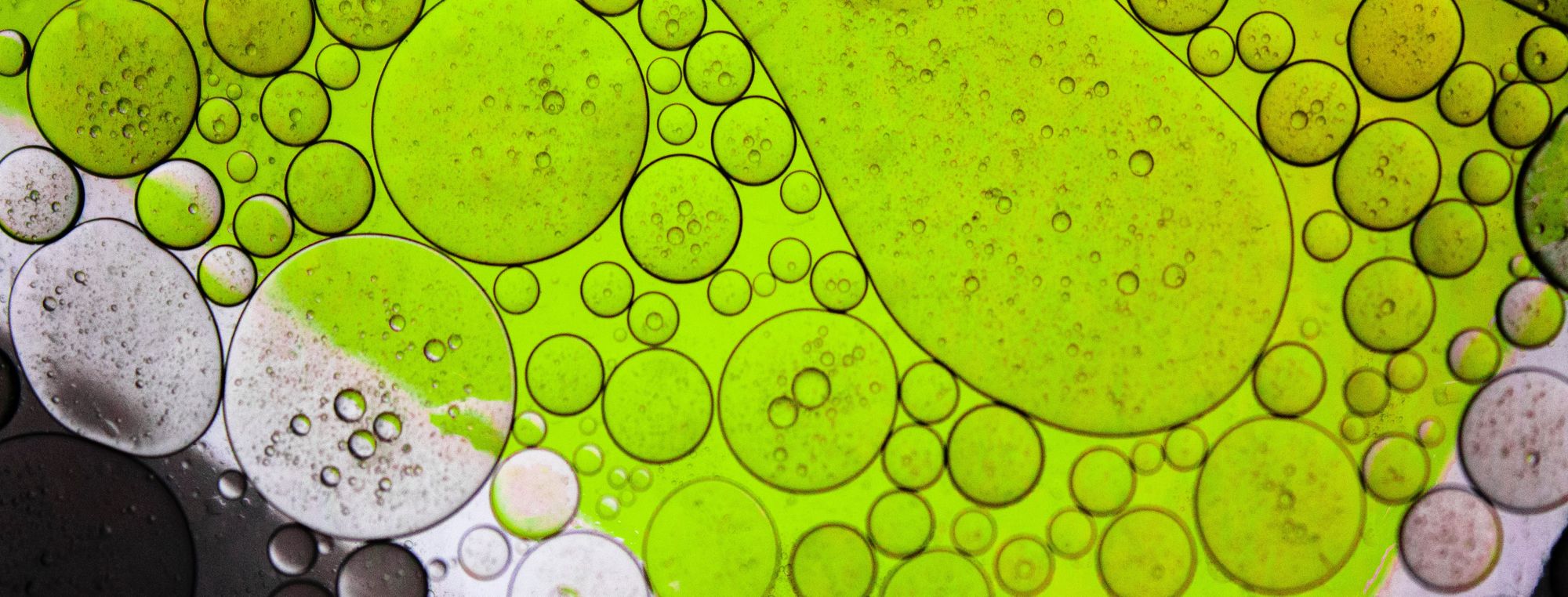
💡 Spotlight story
Frontier announces second round of funding for durable carbon removals
The $925 million Frontier funding initiative has announced a second request for proposals, with new recipients expected in December 2022 and Spring 2023.
Frontier aims to kickstart the market for technologies removing carbon from the atmosphere for 1000+ years. With backers including Stripe, Shopify and Google Alphabet, Frontier backed its first six projects back in June. These included DAC, mineralization and algae solutions, ranging between $500- $1800 per tonne.
For this second proposal round, the initiative has expressed particular interest in the following solutions:
- Synthetic biology
- Ocean alkalinity treatment
- Direct air capture
- Geochemical
- Other novel solutions
While biochar approaches were excluded from the first round due to concerns over meeting the 1000+ year durability requirement, they will be considered if there is adequate evidence in relation to their durability and sourcing issues.
Find the full article in Carbon Pulse

📢 Top news picks
- IFC co-launches the Carbon Opportunities Fund, which aims to sell and track tokenized carbon credits
- Verra releases biochar methodology developed by South Pole and partners
- Invert pays €100 a tonne for Brazilian biochar carbon credits from Aperam Bioenergia
- Moss partners with Regen Network to add tokenized Brazilian carbon credits to its registry
💵 If you’re a VC or interested in more investment news, check out the web3 for climate newsletter
⛓ Market action
Fortnightly carbon stats
Toucan Protocol is building carbon market infrastructure to finance the world's best climate solutions. These are our on-chain stats from 09.08- 22.08.22:
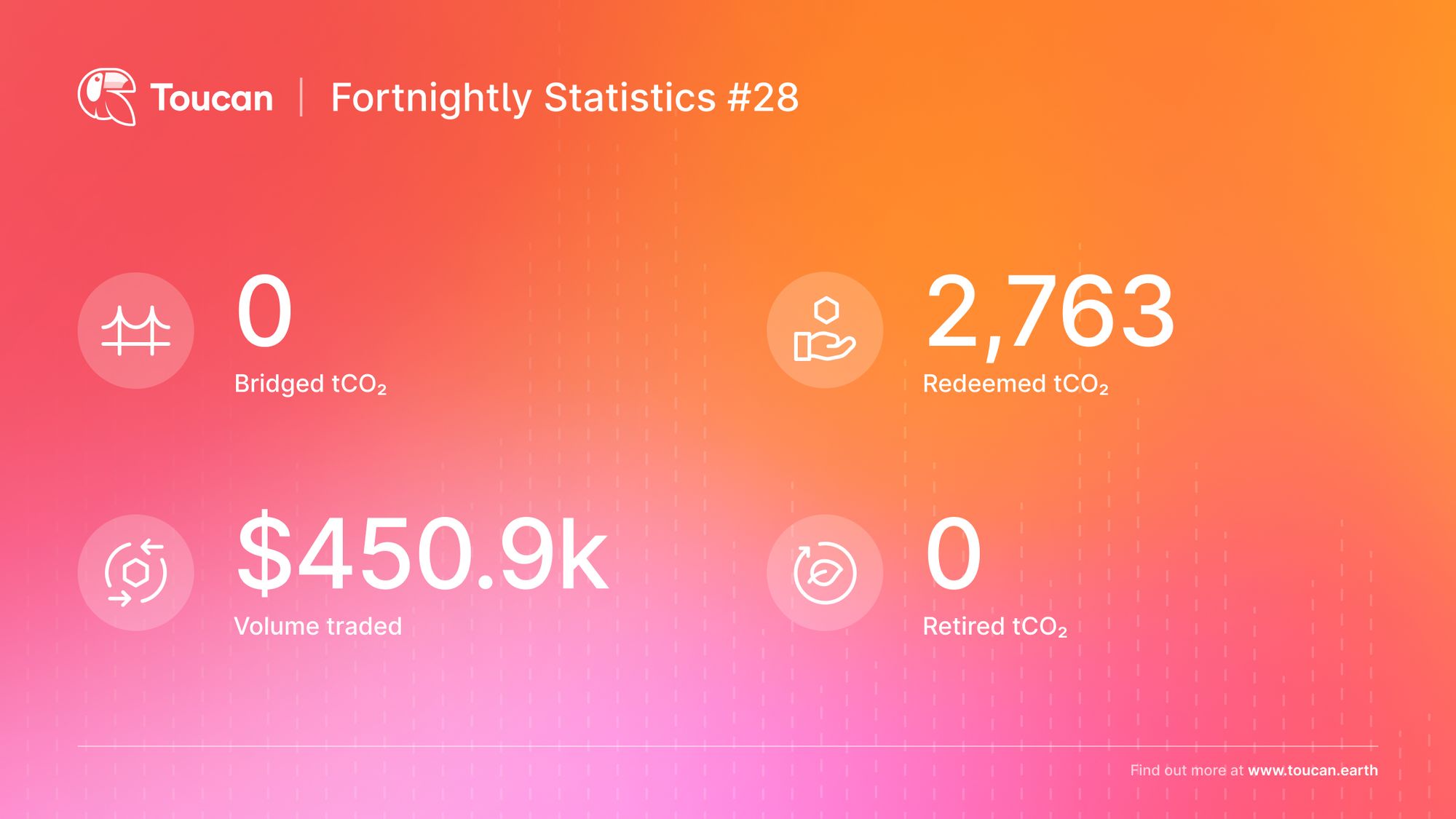
Carbon prices as of 22.08.22, with 14 day change:
BCT - $1.80 (-9.5%) | NCT - $2.30 (+0.4%)
GEO - $4.14 (+1.5%) | NGEO - $8.70 (+9.2%) | EU-ETS - $93.46 (+9.6%)
🐦Reminder: Don't miss our Twitter Space with @eth_barcelona on planet-positive event frameworks.

🌟 Blog feature
Dispelling 5 myths about tokenized carbon 🔮
Tokenized carbon credits are created by moving credits from the traditional voluntary carbon market (VCM) onto the blockchain.
To date, Toucan have tokenized nearly 22 million carbon credits from the Verra Registry, representing 5% of current market supply.
The speed at which innovation in this space has occurred however has created confusion around what tokenization is and its benefits to building a high integrity VCM.
This post starts to unpack this by exploring five common misconceptions that we have encountered about tokenized carbon credits:
- Tokenized credits have already been ‘used’ or retired
- Current restrictions on tokenization have killed on-chain markets
- Tokenized carbon credits are low value
- Tokenized carbon credits are low quality
- Tokenization is just a flash in the pan
Over the coming weeks we hope to further the conversation on how tokenized carbon can contribute to building strong, transparent and rapidly scaling carbon markets.
Enjoy! 🌞
Check out the full piece here

Could you be the next deCarbonized Guest Writer?
We want to hear from you!
- Passionate about the VCM, ReFi, web3 or carbon tech?
- Enjoy writing posts that help people understand these topics more deeply?
- Have an eye for communicating exciting news and updates?
Over the coming weeks, we will be extending the opportunity to produce deCarbonized to our community members while current editor @DrHolWat is off on maternity leave 👶
This is a great opportunity to develop and share your work, connect with Toucan's audience and work flexibly to create something exciting! ✨
To say hello and find out more drop an email to: anna.morrogh@toucan.earth
...or slip into our DMs: @ToucanProtocol
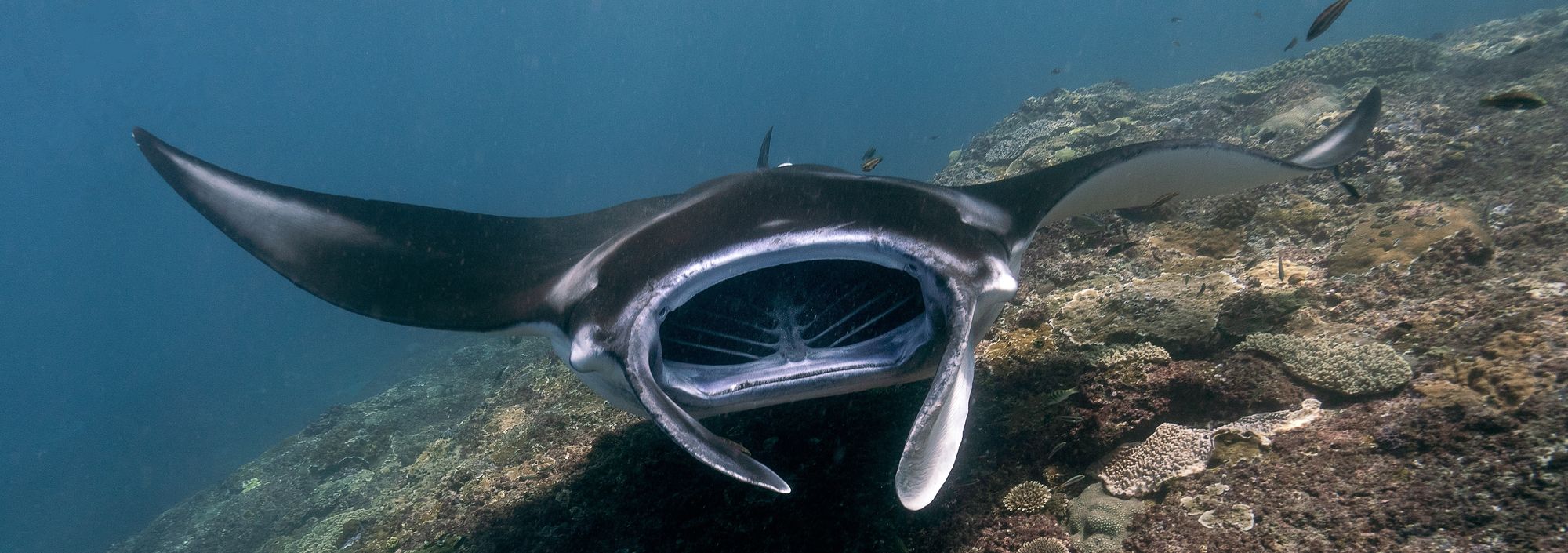
💼 Jobs board
- Executive Director, Climate Warehouse, International Emissions Trading Association (IETA) - Singapore
- Carbon Accounting Product Manager, Running Tide - US remote
- Carbon offset project evaluator, Wren - Global remote
- Web3 Content & Community Specialist, GreenClimateDAO - Global remote

🌳 Hot in web3
RedemptionDAO seek to leverage VCM revenues to win DRC rainforest auction
RedemptionDAO recently emerged from the web3 ecosystem in response to the DRC Government auctioning 27 million hectares of rainforest for fossil fuel exploration.
30 plots of land have been earmarked for this process, as the country seeks to raise economic revenues. Resulting actions however could potentially release 5.8 billion tonnes of carbon into the atmosphere.
RedemptionDAO propose bidding on and winning as many of the 30 plots of land as possible, with Verra confirming that their methodologies for avoided deforestation would be applicable to the development of carbon credit projects.
Check out RedemptionDAO and join the movement here
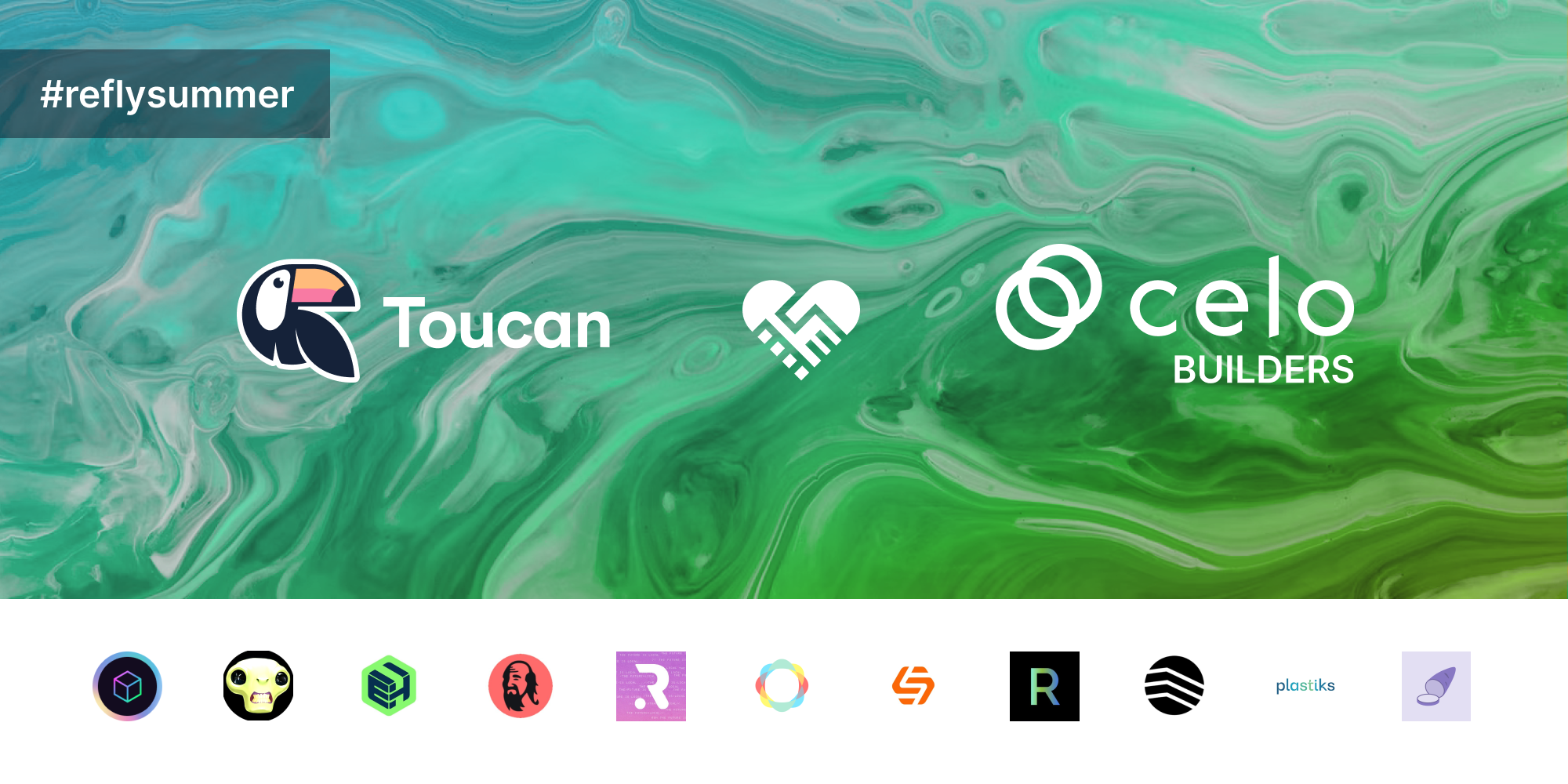
11 web3 projects building with tokenized carbon
Following the recent partnership announcement between Toucan and Celo, we're excited to share a selection of web3 projects building on Celo using tokenized carbon.
These range from NFT project Celostrials, which will integrate nature-based offsets and climate backed rewards; to Ethic Hub, which will enable users to buy products from small holder farmers directly using NCT.
Check out the full list of exciting projects here
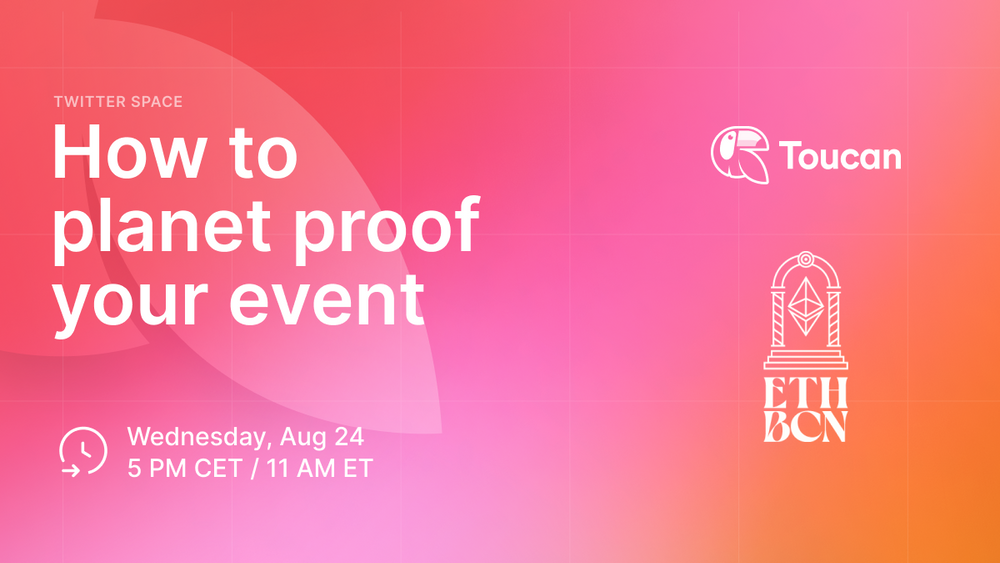
Crypto event offsets unavoidable emissions, sharing best practice with the community
Last month, ETH Barcelona welcomed some 2000 delegates and hundreds of speakers to explore how blockchain technology can help build a sustainable world. As part of their mission, event planners developed a full sustainability plan and post-event report, enabling them to understand and minimise their environmental impact.
Unavoidable emissions have been offset on-chain using Toucan's nature-based carbon credits (NCT), enabling the event to reach carbon neutrality.
You can listen to our Twitter Space with ETHBarcelona tomorrow @ 5pm CET where we will chat about successes and lessons learnt 💚
Thank you for reading deCarbonized! 👏
Reach out to us on social and join the community ✨
Enjoy deCarbonized? Suggestions on what to cover next? Let me know! @DrHolWat
Toucan is building the technology to bring the world's supply of carbon credits onto energy-efficient blockchains and turn them into tokens that anyone can use. This paves the way for a more efficient and scalable global carbon market.

